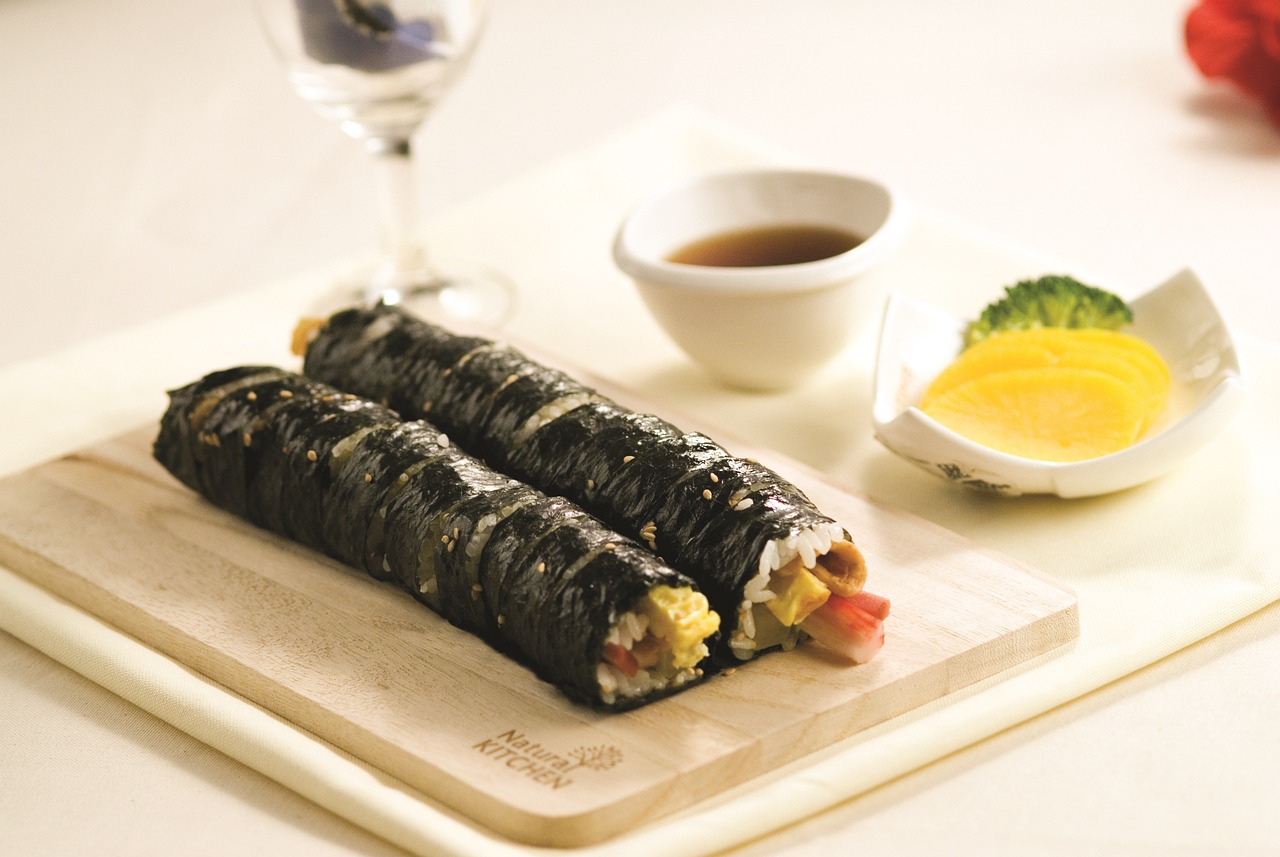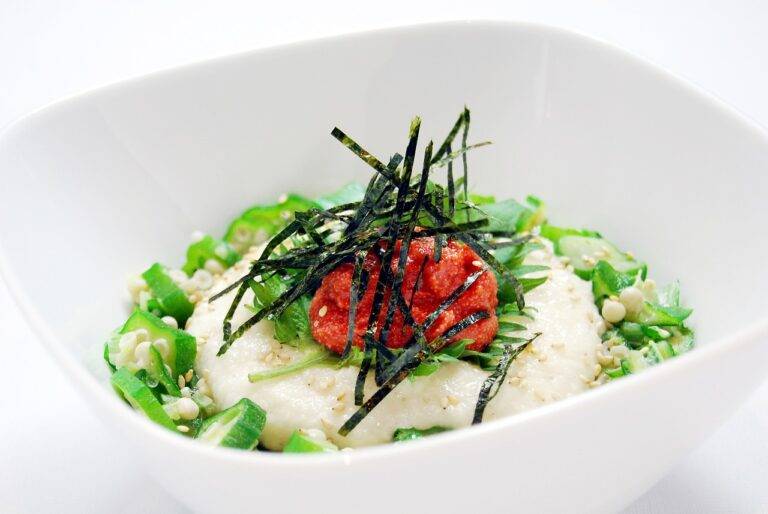The Impact of Social Media Influencers on Food Choices
Social media influencers have become a powerful force in shaping consumer behavior across various industries, including the food and beverage sector. With the rise of platforms like Instagram, YouTube, and TikTok, individuals with a large following have the ability to influence what people eat and drink. This article will explore the impact of social media influencers on food choices and how their content can sway consumer decisions.
How Social Media Influencers Influence Food Choices
Social media influencers have a significant impact on food choices due to their ability to create engaging and visually appealing content that resonates with their followers. With the use of high-quality images, video content, and engaging captions, influencers can showcase specific foods or beverages in a way that makes them desirable to their audience. This can lead to an increased interest in trying out new products or visiting certain restaurants based on the influencer’s recommendations.
The Rise of Food Influencers
In recent years, the number of food influencers on social media has grown exponentially, with many individuals carving out a niche for themselves in the food and beverage industry. These influencers often specialize in specific types of cuisine, such as vegan, keto, or Asian fusion, and share their expertise with their followers through recipes, restaurant reviews, and cooking tutorials. Their content can inspire followers to try new foods, experiment with different cooking techniques, and explore various culinary traditions.
The Power of Authenticity
Authenticity plays a crucial role in the success of social media influencers in the food industry. Followers are more likely to trust influencers who are genuine in their recommendations and transparent about their relationships with brands. Influencers who regularly engage with their audience, respond to comments, and share behind-the-scenes content are viewed as trustworthy sources of information, which can influence food choices among their followers.
Monetization and Sponsorships
Many social media influencers in the food industry monetize their content through brand partnerships, sponsored posts, and affiliate marketing. These collaborations allow influencers to promote products or services to their audience in exchange for compensation, free products, or other perks. While sponsorships can help influencers generate income, they also raise questions about the authenticity of their recommendations and the potential for biased content. It is essential for influencers to strike a balance between monetization and maintaining credibility with their followers.
Challenges and Criticisms
Despite their popularity, social media influencers in the food industry face challenges and criticisms from various stakeholders, including regulators, health experts, and consumers. Some influencers have been criticized for promoting unhealthy eating habits, misleading claims about products, or lack of transparency in sponsored content. Regulators have implemented guidelines and regulations to address these issues and protect consumers from deceptive marketing practices. It is crucial for influencers to prioritize ethical behavior and adhere to industry standards when promoting food and beverage products to their audience.
The Future of Food Influencers
As social media continues to evolve, the role of influencers in shaping consumer behavior is likely to expand. Food influencers will play a significant role in driving trends, promoting sustainable food practices, and advocating for healthier eating habits. Brands will continue to collaborate with influencers to reach their target audience and create innovative marketing campaigns that resonate with consumers. The future of food influencers will be shaped by their ability to adapt to changing trends, engage with their audience authentically, and prioritize transparency in their content.
FAQs
1. How do social media influencers impact food choices?
Social media influencers impact food choices by creating engaging content that showcases specific foods or beverages in a desirable way. Their recommendations and reviews can influence consumer decisions and inspire followers to try new products or visit restaurants based on their suggestions.
2. Are social media influencers trustworthy sources of information about food?
While social media influencers can provide valuable insights and recommendations about food, it is essential for followers to critically evaluate the information they receive. Influencers should be transparent about their relationships with brands and disclose any partnerships or sponsorships that may influence their recommendations.
3. How can consumers make informed food choices when following social media influencers?
Consumers can make informed food choices by researching products or brands recommended by influencers, reading reviews from multiple sources, and considering their own dietary preferences and health goals. It is essential for consumers to critically evaluate the information they receive from influencers and prioritize their well-being when making food decisions.
4. What impact do sponsorships have on the content shared by food influencers?
Sponsorships can have a significant impact on the content shared by food influencers, as they may influence the products or brands that influencers promote to their audience. It is important for influencers to be transparent about their partnerships and maintain authenticity in their recommendations to build trust with their followers.







